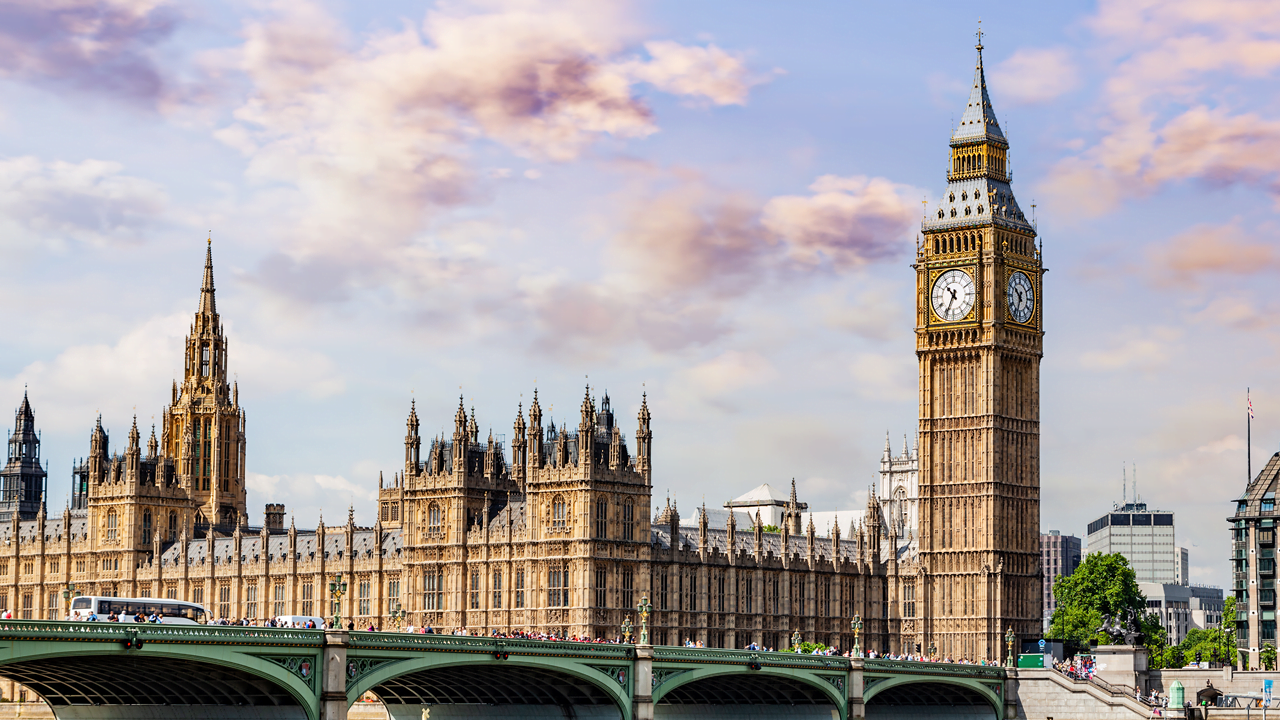There have always been tensions within civil litigation conducted in the English courts as to how the principle that expert evidence should be objective, impartial and undertaken with an expert’s primary duty to the court marries with the party often having a right to choose its expert and to adduce expert evidence as it prefers.
In a recent judgment handed down on April 5, 2023, Avantage (Cheshire) Ltd and others v GB Building Solutions and others (2023), the High Court ruled on whether a party was simply free to change experts.
A fire had destroyed most of a retirement property. Claims seeking damages were brought, alleging deficiencies in the design and construction of the property, resulting in a failure to inhibit the spread of fire.
The court had permitted by order the claimants calling a number of named experts, including a forensic scientist to give evidence in relation to the cause, origin and spread of the fire and a fire engineer to give evidence as to the adequacy of the fire strategy.
The claimants applied to change both experts. The application in respect of the forensic scientist was not opposed in principle, as it was through the ill health of the named expert, but the defendants argued for conditions on permission being granted, namely disclosure of the initially appointed expert’s earlier reports, opinions and investigation notes. The application in respect of the fire expert was, however, opposed in principle.
It was common ground the court’s permission is required for any replacement of such expert evidence. How the court should apply its discretion in such matters had recently been considered in The University of Manchester v John McAslan & Partner and others (2022).
That case affirmed usually a court should not refuse a party permission to rely on a new expert in substitution for an existing expert, but the court had the power to give permission on condition the original expert’s reports or substantive opinion be disclosed and such condition would usually be imposed.
Encroaching privilege
However, with respect to making available other documents containing the substance of the original expert’s opinion, the court had to be cautious about encroaching upon areas of privilege. There had to be a strong case to justify disclosure of solicitors’ attendance notes.
Applying these principles in the instant case, Justice O’Farrell recognised the reason for changing their expert forensic scientist was beyond the claimants’ control. No criticism could be made of the claimants in changing such an expert and there was no question of expert shopping. The judge held it would be unjust to require the claimants to disclose the original expert’s reports, draft reports or other documents setting out her opinion. There were no grounds for ordering the disclosure of solicitors’ attendance notes evidencing that expert’s opinion.
However, the judge did agree to order disclosure of the expert’s reports and notes of site inspections and interviews on the basis they contained relevant, primary information no longer available to the other experts.
Expert shopping
With respect to the change of expert fire engineer, the judge recognised the force of the defendants’ submission that this appeared to be an exercise in expert shopping. The expert was qualified and available to give evidence, and he had carried out substantive expert work on the case. Nonetheless, permission to change the fire expert would be granted. Counsel for the claimants had been frank with the court that the claimants were not happy with the original expert and it was in the interests of justice the claimants should be able to rely on an expert in whom they have confidence.
Such permission would be on condition the three reports (including any draft reports or expressions of opinion) prepared by the original expert had to be disclosed. Again, no disclosure would be ordered of solicitors’ attendance notes evidencing discussions with that expert.
Such an order would cause practical difficulties in producing redacted versions of the documents that were of any probative value – and would constitute an unnecessary invasion of the claimants’ privilege – in circumstances where there was no suggestion of any culpable behaviour on the claimants’ part in changing experts; the claimants were simply unhappy with their original expert choice.
What this case shows is party choice in the evidence it presents to the court will be respected. However, the court will police any change in named experts to avoid evidence being tailored to support a case or an expert being chosen who will take a sympathetic view.
That said, a party may be given more latitude to change its expert than might have been thought, if it is prepared to admit to and convinces a court it no longer has confidence in the expert it previously appointed.
For more information, please contact Stephen Netherway.
This article was originally published in Insurance Day, the world’s leading source of insurance industry insight and analysis. Read more here © 2023 Informa PLC
